In memoriam: John Josse
John William Josse, a biochemistry researcher and medical practitioner who joined the American Society for Biochemistry and Molecular Biology in 1963 and was a member for almost 60 years, died Sept. 1 in Seattle, Washington. He was 91.
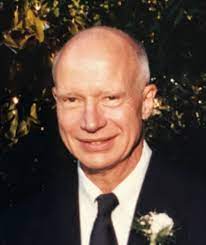
Josse was born Feb. 20, 1930, in Minneapolis, Minnesota, and attended Pillsbury Military Academy for most of his early education. He then served in the Army until 1949. After being honorably discharged, he attended the University of Iowa on a football scholarship. In the summer of 1950, he met his future wife, Donna Lou Fering. They married in 1951.
Josse transferred to the University of Minnesota in 1951 and subsequently started medical school there. After graduating in 1956, he and Donna moved to Boston for his residency at Massachusetts General Hospital. During that time, they welcomed their daughter Susan and son Paul.
After his residency, Josse studied DNA synthesis with Arthur Kornberg as a postdoctoral fellow at Washington University in St. Louis. Kornberg won the 1959 Nobel Prize in physiology or Medicine for isolating the enzyme DNA polymerase. In Kornberg’s lab, Josse contributed to the finding that the two chains of the DNA double helix run in opposite directions. When Kornberg moved his lab to Stanford University, Josse followed, and he welcomed his second daughter, Jennifer, while at Stanford.
Josse received a research fellowship to study protein physical chemistry at Johns Hopkins University in the early 1960s. He then moved back to Washington University, serving as a professor and chair of the biophysics and physiology department until 1966. While in St. Louis, he marched for racial equality behind Martin Luther King.
After returning to California, Josse went back to the practices of clinical medicine in San Jose, where he served his patients for 30 years. He then returned to Stanford to support research in Kornberg’s lab. He retired in 2007.
According to an obituary, Josse is remember for his witty sense of humor and his strong work ethic. He had a lifelong love of classical music and was passionate about fitness, running more than 65 marathons when he was over 40.
Donna Josse died in 1981, and John Josse later married Judith Geller, who died in 1992. He is survived by his three children and their spouses, and five grandchildren.
Enjoy reading ASBMB Today?
Become a member to receive the print edition four times a year and the digital edition monthly.
Learn moreGet the latest from ASBMB Today
Enter your email address, and we’ll send you a weekly email with recent articles, interviews and more.
Latest in People
People highlights or most popular articles
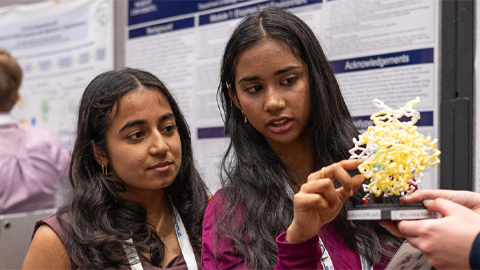
ASBMB undergraduate education programs foster tomorrow’s scientific minds
Learn how the society empowers educators and the next generation of scientists through community as well as accreditation and professional development programs that support evidence-based teaching and inclusive pedagogy.
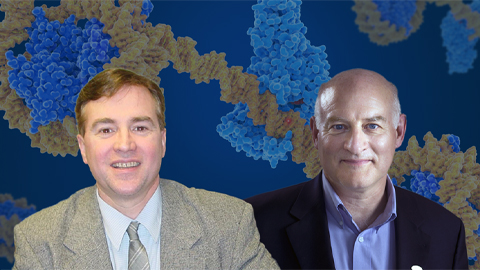
Honors for Gagna and Sundquist
Claude Gagna is being honored for the diagnostic tool he developed that uses AI to streamline diagnostics. Wesley Sundquist is being honored for his role in finding that HIV’s capsid was a target for treatment.
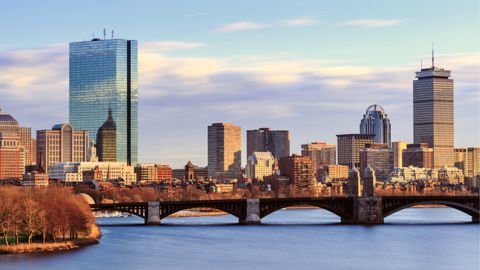
Gaze into the proteomics crystal ball
The 15th International Symposium on Proteomics in the Life Sciences symposium will be held August 17–21 in Cambridge, Massachusetts.
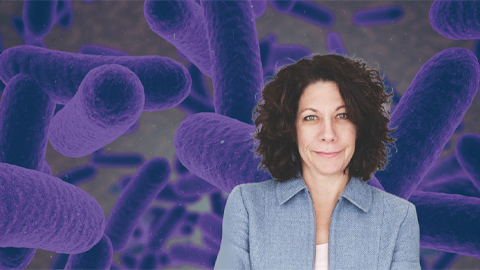
Bassler receives National Medal of Science
She was recognized for her research on the molecular mechanisms bacteria use for intercellular communication.

2025 ASBMB election results
Learn about the new president, secretary, Council members and committee members.

2025 PROLAB awardees announced
Seven early-career scientists receive grants to advance their research by working in North American labs.

